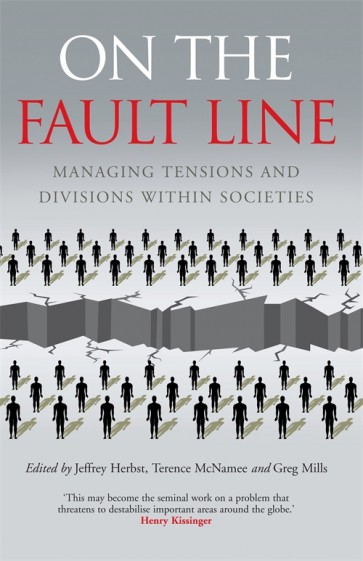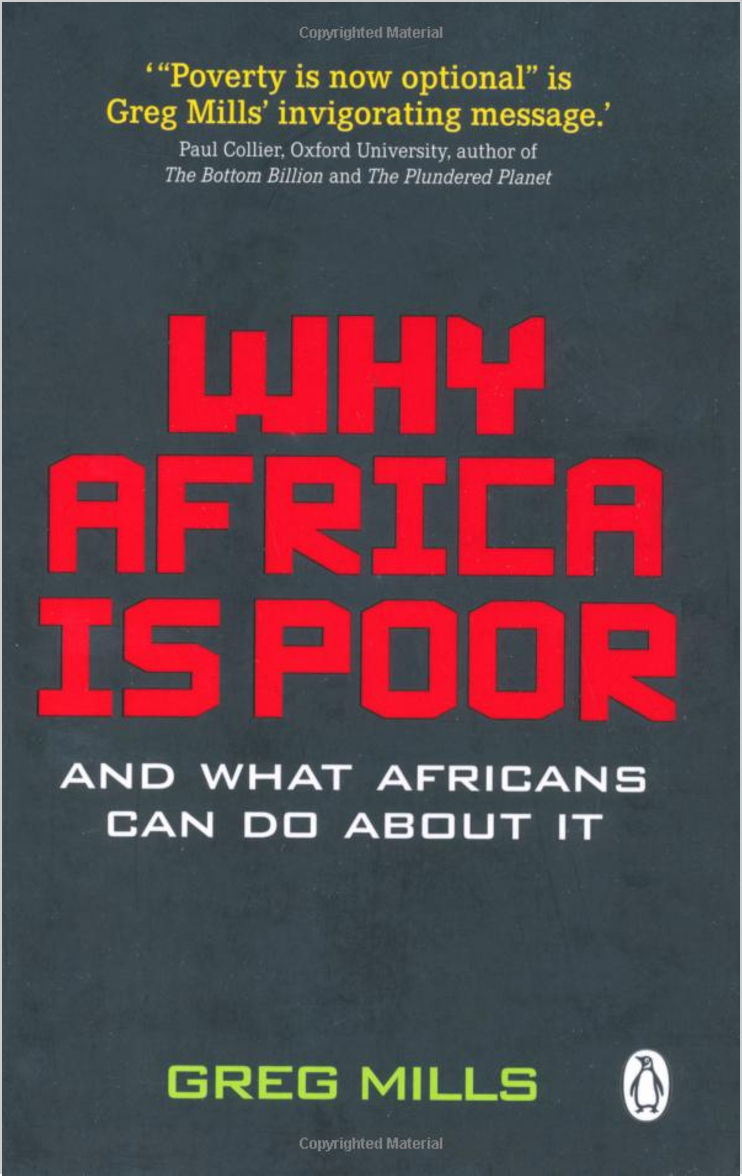Books
On the Fault Line: Managing Tensions and Divisions within Societies

Former Deputy Director, The Brenthurst Foundation

Former President and CEO of the NEWSEUM, USA

Director, The Brenthurst Foundation
In modern statecraft the term ‘fault lines’ evokes frontiers and borders on the ground, but the divisions in societies are rarely so neat. Like geological fault lines, some are plainly evident, whereas others are more concealed and can erupt with little warning.
Violence along fault lines within states, from Nigeria to Iraq to the Congo, is the spark of much contemporary conflict, costing millions of lives in the last two decades. Some countries, such as Canada, South Africa and Northern Ireland, have made significant progress towards successfully managing their fault lines, but many others have not. In extreme cases such as Sudan, the resulting violence can tear states apart.
No country is destined to suffer conflict because of its societal divisions, but no nation is guaranteed to be at peace. This book shows how governments and the international community can manage the divisions that affect all states and help prevent fault lines from erupting. It is an essential guide to understanding a phenomenon that all countries must learn to face as the 21st century unfolds.
On the Fault Line is available at good bookstores worldwide, as well as online, from February 2012.
Further reviews for On the Fault Line:
'Ethnic and other fault lines are to be expected in African countries, carved as they were from the continent by colonial powers with scant respect for traditional boundaries. That has made their management essential, not least since the politics of ethnic identity has played such a major part in access to resources and power in post-colonial governments, including in my own country. For this reason, and many more,On the Fault Line is an imperative read as we strive to learn from our mistakes and the experiences of others', Raila Odinga, Prime Minister of Kenya
'No nation can afford to ignore the fault lines that periodically rumble in their societies, because left unaddressed they can explode with little warning, devastating lives and communities for a generation. This remarkable compendium is an invaluable guide for governments and civil society on the art of managing tensions and divisions among peoples without resort to violence', Alfredo Cristiani, President of El Salvador, 1989–94
'This potent and sobering book should leave no one in doubt about the potential for mass violence along the fault lines that simmer in our societies', Professor Christopher Coker
'Fault lines, especially ethnic and religious divisions, and the history of Africa are entwined. Such divides are however not destiny but testimony to the failings of politicians in their reversion to the differences within states as a means to shore up their rule. Hence differences in tribe and religion often give way and pattern wealth divides as the resources are divvied out.On the Fault Line is recommended reading - not only to remember where some have gone wrong, but to illustrate how others have got it right', Vice President Joyce Banda, Malawi


